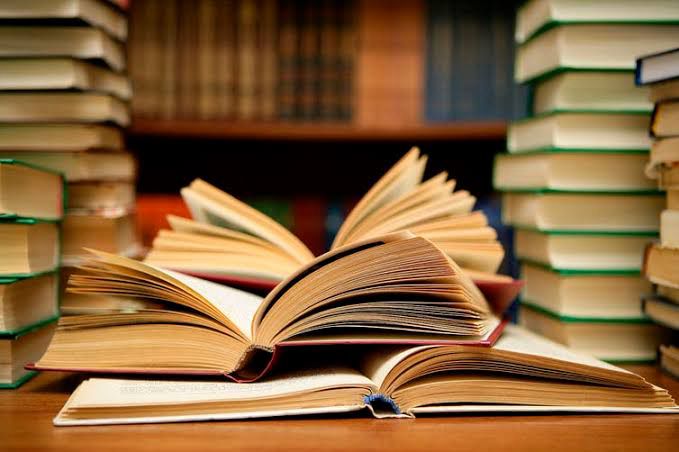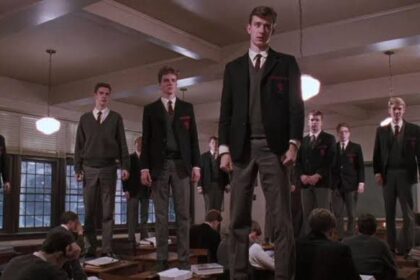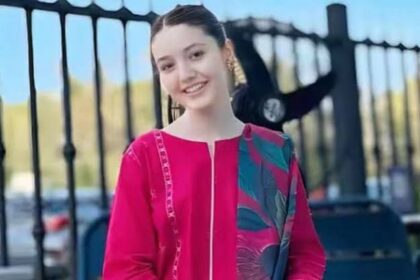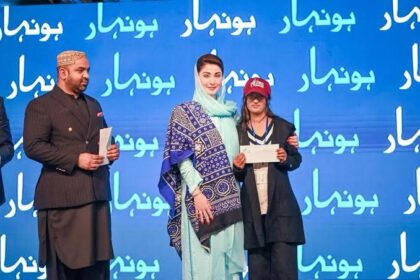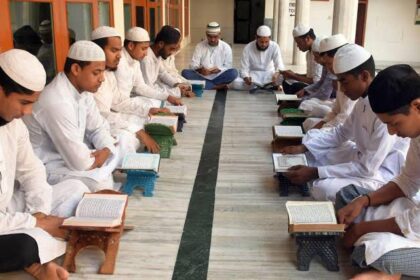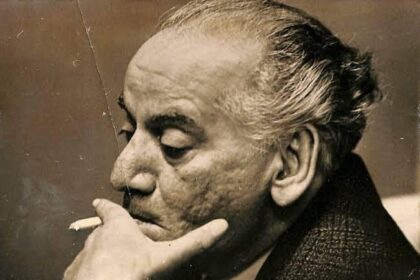When someone says “education”, most people think of grades, degrees, and—eventually—a job. That’s the narrative we’ve all heard: study hard so you can get a good job, earn a living, and survive. But what if I told you that education isn’t just about survival—it’s about becoming fully alive?
Think about it. You’re not born knowing how the world works. You don’t automatically understand why people believe what they believe, how governments function, or what causes climate change. You’re not handed the tools to manage your emotions, relationships, or dreams. Education gives you that. It’s not just a key to employment; it’s a key to enlightenment.
Understanding yourself isn’t automatic—it comes from learning about the world and your place in it.
Sometimes we think we’re supposed to figure out who we are just by growing up. But the truth is, most people spend their whole lives confused about what they stand for and why they feel the way they do. Education—whether it’s through books, documentaries, art, conversations, or classrooms—acts like a mirror. It shows you pieces of yourself you didn’t even know were there. You begin to see patterns in your behaviour, question your beliefs, and reshape your identity. And that’s the kind of growth you don’t get from a paycheque.
Having knowledge is what gives you the courage to speak—and be heard—in a noisy world.
We live in a world where everyone’s talking, but not everyone is being listened to. Why? Because power comes from knowing what you’re talking about. When you understand how the world functions—how laws are made, how media influences us, how climate shifts affect communities—you’re no longer just existing inside the system. You’re challenging it. You’re contributing. And people start to listen. Education gives you a voice that’s rooted in awareness, not just opinion.
Learning how to think clearly and question what’s presented to you is more important than memorising facts.
You don’t go to school or open a book just to dump knowledge into your brain. The point isn’t to become a walking encyclopaedia. The point is to learn how to think. Why do people believe this? What’s the evidence? Who benefits from this system? These are questions that come from education—not from Google searches, but from curiosity, effort, and being willing to say, “Wait, I want to understand this better.” That’s what makes you wise, not just “smart”.
Education makes you emotionally stronger, not just intellectually sharper.
We rarely talk about how school or learning can affect your heart. But it does. Reading about history, for example, can teach you empathy. Writing essays can help you process feelings you didn’t know how to say out loud. Studying difficult topics can make you more resilient, more open-minded, and more compassionate. That emotional strength is something no one can ever take away from you—even when life throws curveballs.
At the end of the day, education gives you freedom. Real freedom.
Not just financial freedom or the ability to apply for a job, but the freedom to choose the life you want. To walk into a room and hold your ground. To dream bigger. To change your mind. To speak for others. To build something meaningful. It gives you the ability to question and to change—both yourself and the world around you.
So yeah, education might help you get a job. But its real power?
It helps you become someone who knows why they’re here.




